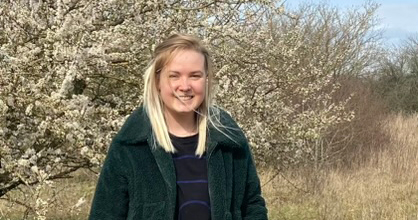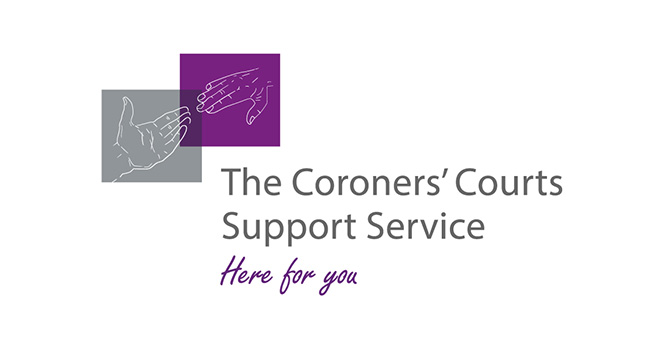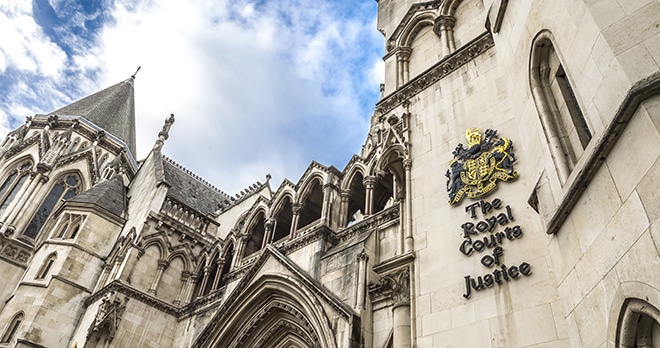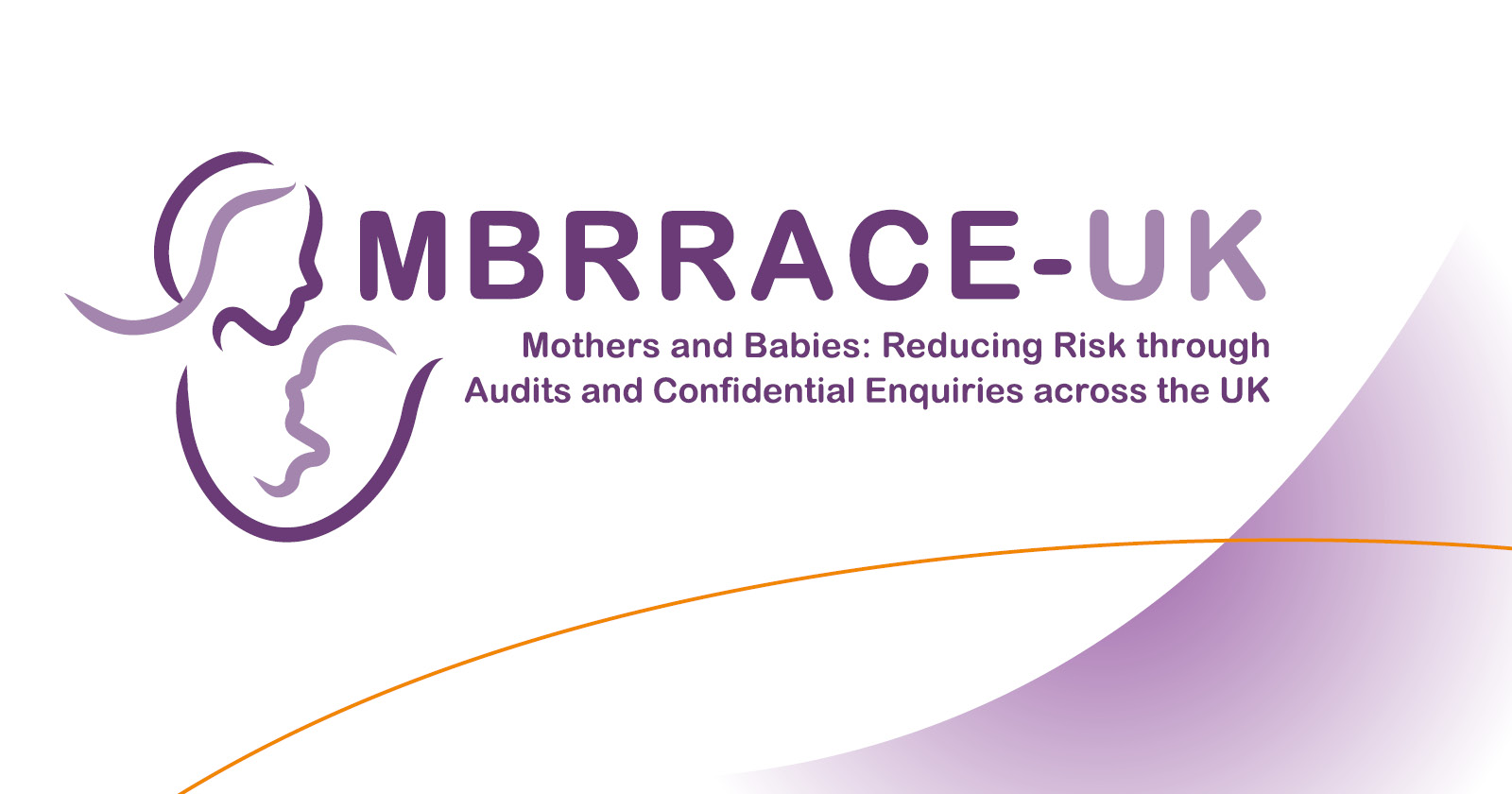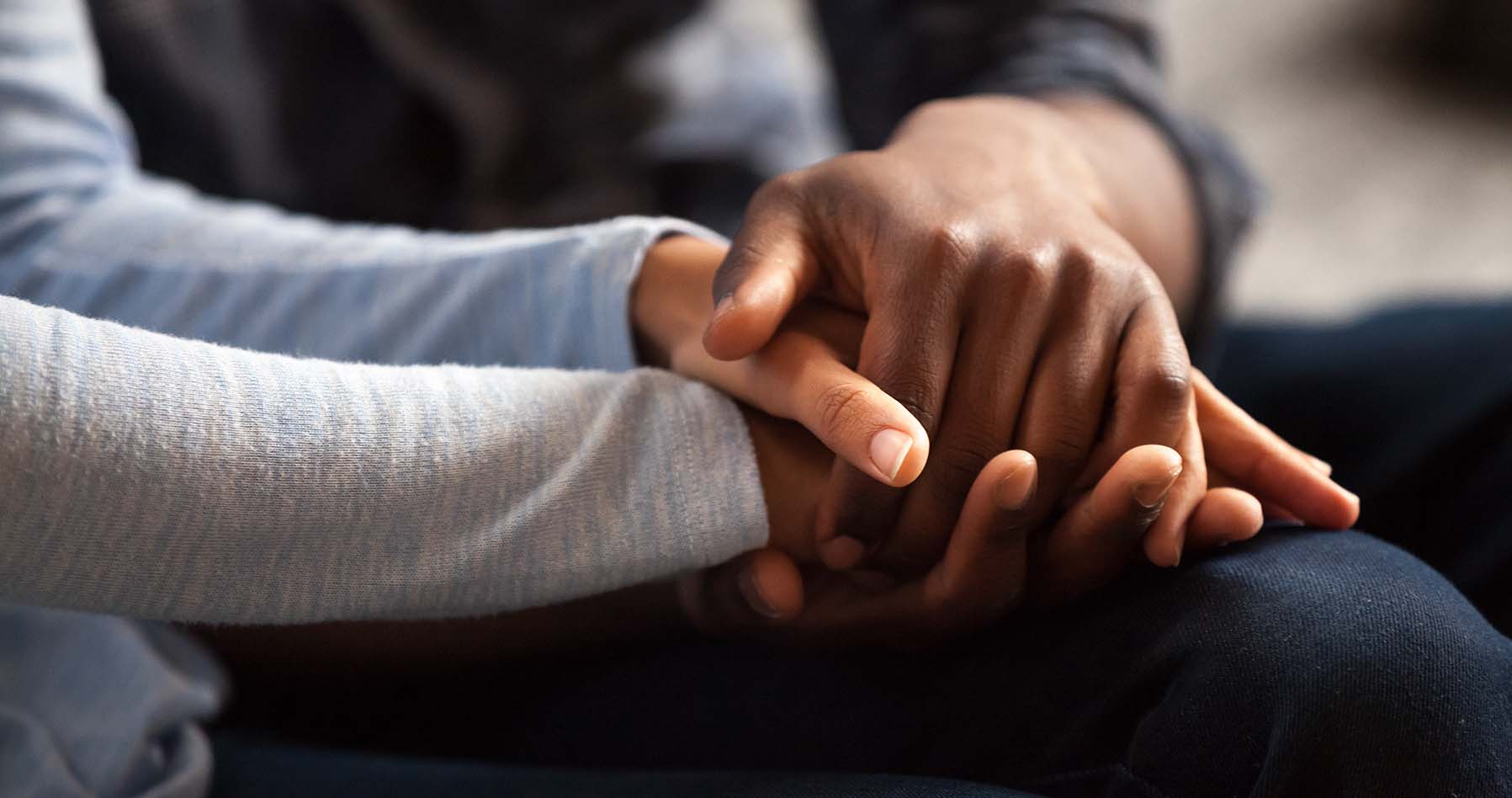The story of Sands: in conversation with Bel Mooney

Sarah White has been lucky enough to speak to Bel Mooney, journalist, co-founder and patron of Sands. Sands offers support to families who have experienced stillbirth and neonatal death and they have helped a number of our clients at such a difficult time. They spoke about how Sands began, how it has evolved over the years and Bel’s hopes for Sands moving forwards.
Where did Sands start?
The history of Sands goes right back to 1975 when my second son was stillborn at full term. At the time, I was the first person to raise an alert nationally regarding infant loss by writing an article in the Guardian. As a journalist I was able to pour my grief into words and tell readers how it felt to bear a stillborn child, something a lot of people didn’t have the platform to do.
The piece in the Guardian appeared on my son’s second birthday, and it was a very bittersweet and a very emotional time. The response to my article was fantastic, and things just went from there. One of the people who got in touch was Hazelanne Lewis, a lady who had been through a very similar experience to me, and soon the Stillbirth Society was formed.
What support did you receive when you lost your son?
When I lost my son nobody offered any support or counselling. I wasn’t even able to see or hold my own child. Fortunately my husband was with me to offer what support he could, but for many the dad may not be involved at all.
As I was heavily sedated, my husband was the first person to understand that my son’s heart had stopped. He had picked up on this but had to keep encouraging me so I could get through the delivery.
When my son was eventually delivered I felt completely bereft, but there was no acknowledgment of this by the maternity staff. I was left feeling very lonely; it was not the done thing to talk about it, even with your loved ones. I felt I had failed, but had no one to talk to about it.
How have things changed since you experienced stillbirth?
Things are much better now as far as awareness is concerned. There is much better bereavement support. For example, midwives take photographs and handprints and there are real ways to remember lost babies. 43 years ago it was like another world and I was not even allowed to see my own baby, let alone have anything to remind me of him.
I am, of course, extremely proud to have played a small part in all of these changes. I hope it has made things very different for other women, and that they don’t have to experience stillbirth the same way I did all those years ago.
But there is still a lot to do. There are really disappointing statistics showing that in our country we are way behind other European countries in terms of level of stillbirth rates. Sands are involved in carrying out research into this though and are working tremendously hard to improve things.
How can Sands help in the future?
Sands have been heavily involved in training of midwives and medical progression. It is surprising how many obstetricians are not as enlightened as they should be in respect of what women need, and this has been another area of training focus.
Unfortunately Sands will never be able to put an end to stillbirth. There is never a complete answer. We will never get to the situation of no babies being stillborn. For example, some babies can have medical problems and unfortunately babies will die.
What I really hope for is that we will continue to reduce the incidence of stillbirth and make sure that, when it does happen, ladies who experience it get the best standard of care.
What are the highlights from your time at Sands?
A real highlight for me was last year at the Sands 40th Anniversary in Glasgow, when I was made patron of Sands. It was a very moving experience to receive a standing ovation, but I’m just happy that I have been able to vocalise what happened and how they have been able to move forward.
I am still very much involved and proud of my work with Sands. It is 44 years since I lost my son and the way things have moved on have been revolutionary. It’s all just reinforced the importance of talking about your experience to ensure others in the same situation don’t feel as alone as I did. For every mother and every couple it happens to it is brand new, and so resources need to be put in place to help them.
Sands have also unveiled a brand new monument at Haycombe Cemetery in Bath; a place where people can remember their lost babies by laying bricks into the memorial for each one lost. I will place one for my son and each year aim to go on his birthday to think about him and reflect on the impact his death has had.
The monument is a big thing for the local Sands group. Families can pay to have their name and date put on a brick; it’s really important for people to know about as it has not been widely publicised. There is also one at Arnos Vale Cemetery for those who are based in Bristol.
What does the future hold for the charity?
Sands have just grown and grown and I hope that they will go on to grow. As far as the future is concerned, I hope research is really championed. At a local level it is very important to have a group, from a social point of view it is brilliant, and Bath Sands do very good work in this regard.
There is also a lot of emphasis on helping fathers. There is a local father’s football team as a way for fathers to support each other because mental health and wellbeing, especially with men, is something that really needs to be championed. After all, they’ve lost a child too.
In future we need to celebrate these babies and not forget them, and use the research and experiences of people to help. However the Department of Health needs to look further into these issues to really help drive positive changes that will ensure parents and families receive the support that they deserve.
To find out more about accessing help and support when you or someone close to you has suffered the loss of a child, please take a look at our child bereavement resources here.
If you have experienced the loss of a child as a result of negligence, our inquest experts are here to help you get the answers you deserve. Contact our enquiries team to find out more.
Call now
Related articles on inquests and fatal claims
View more articles related to Inquests and Fatal Claims
